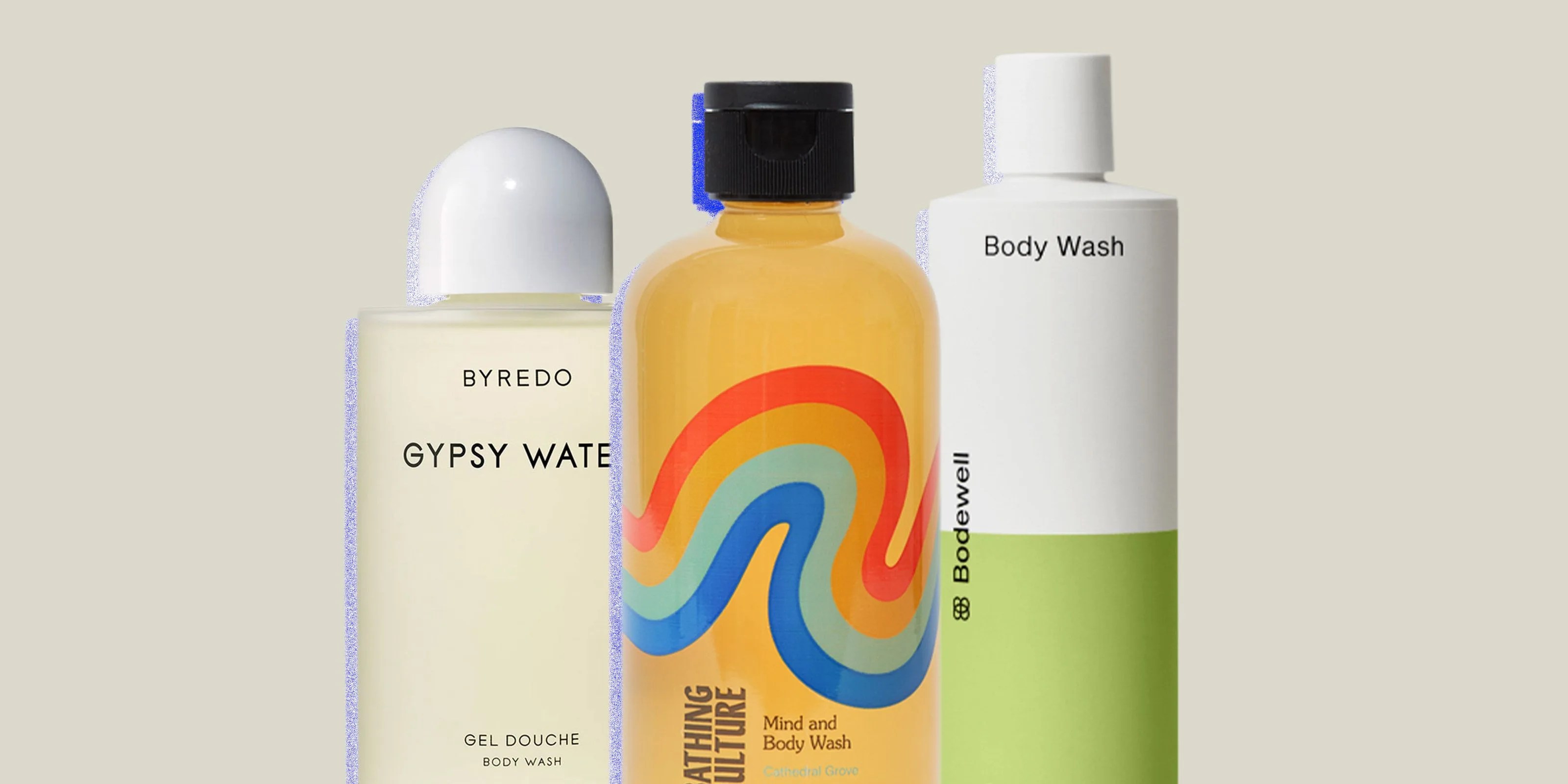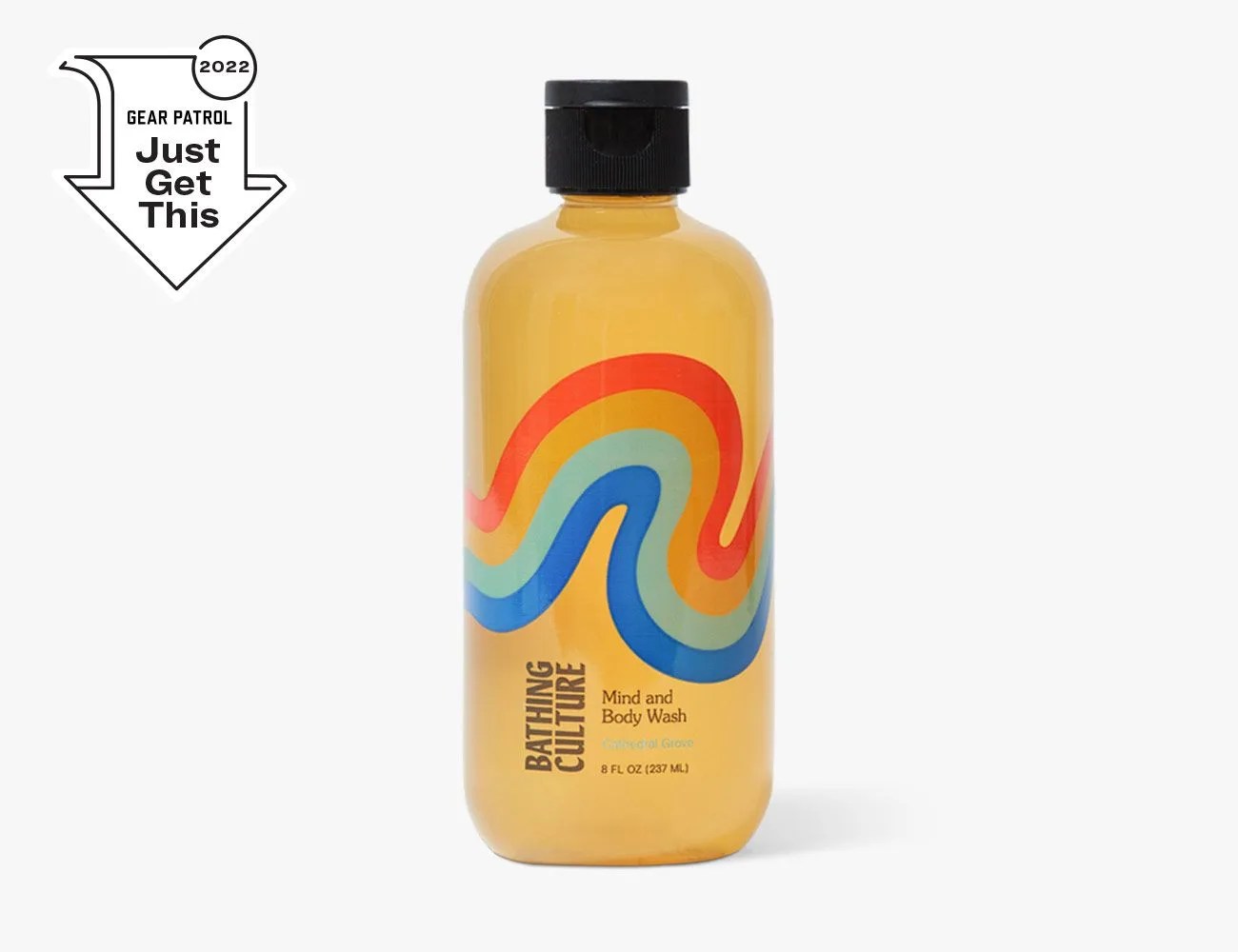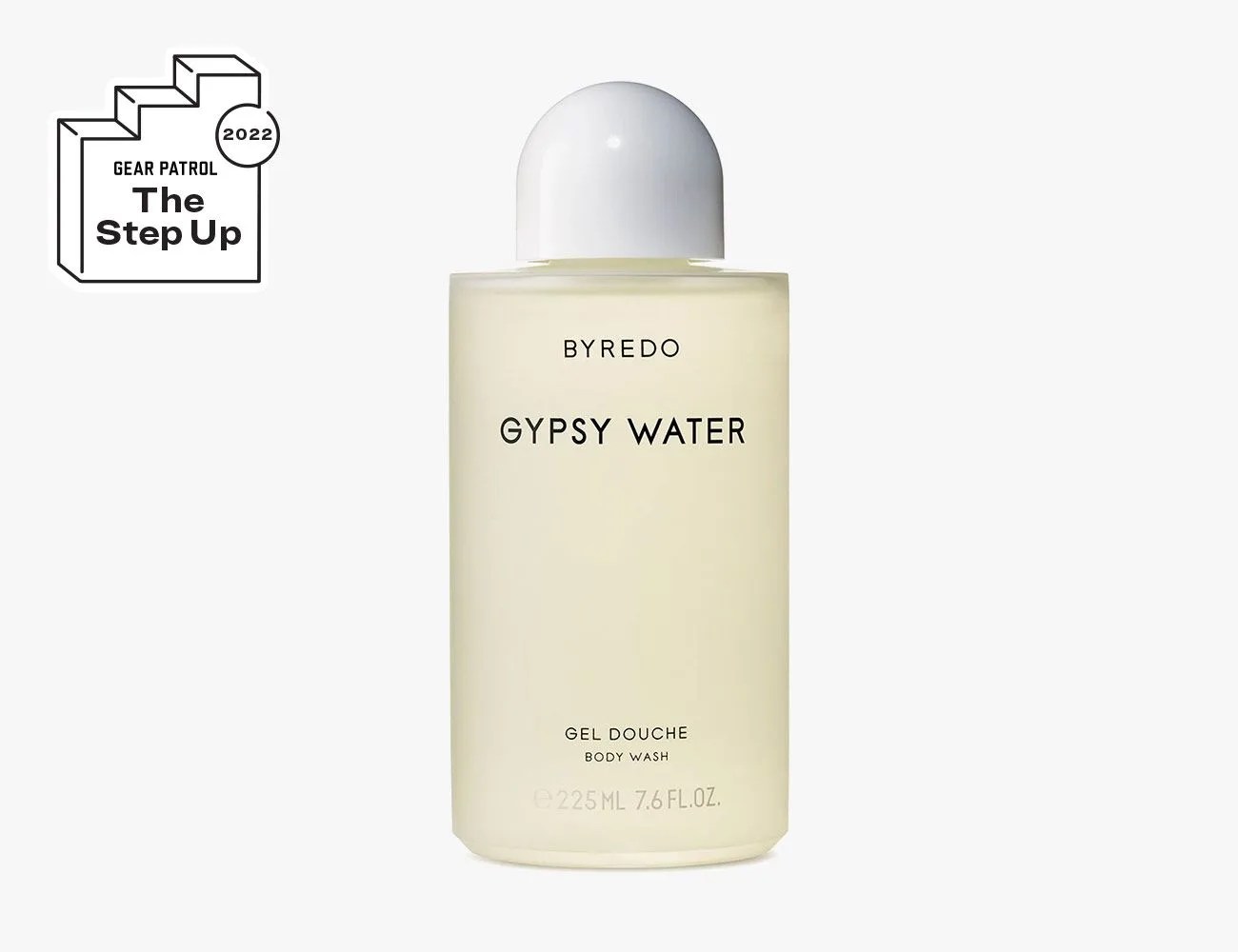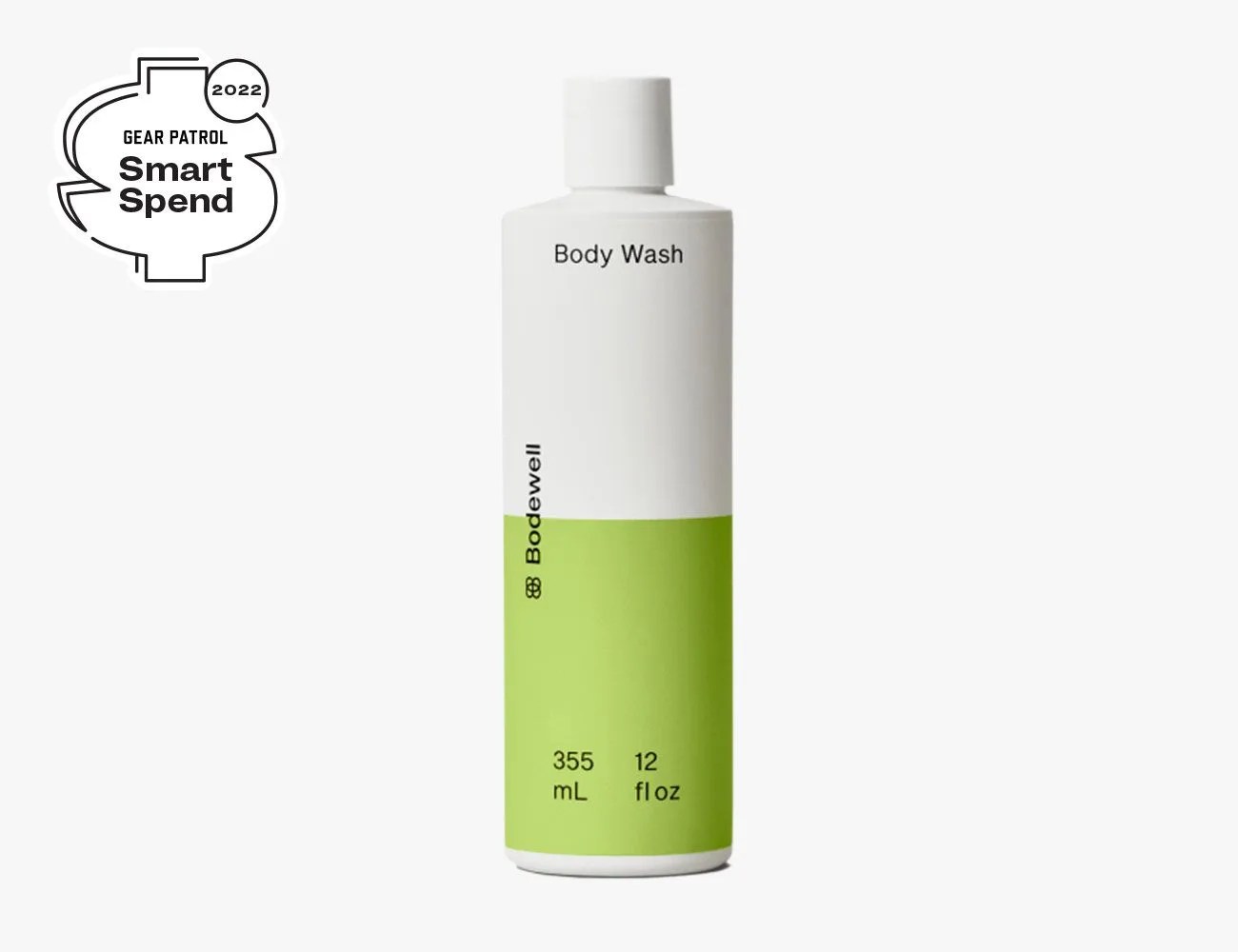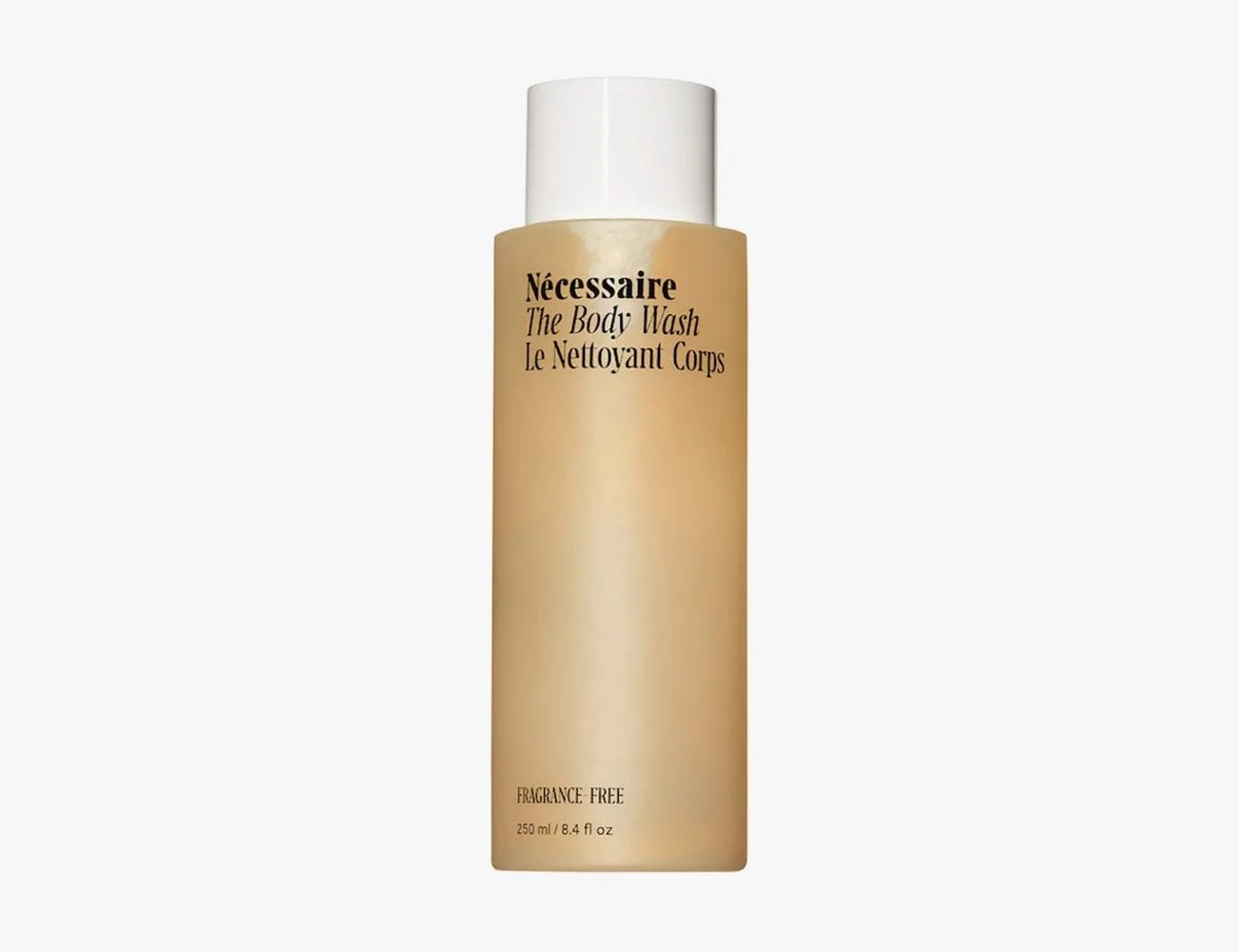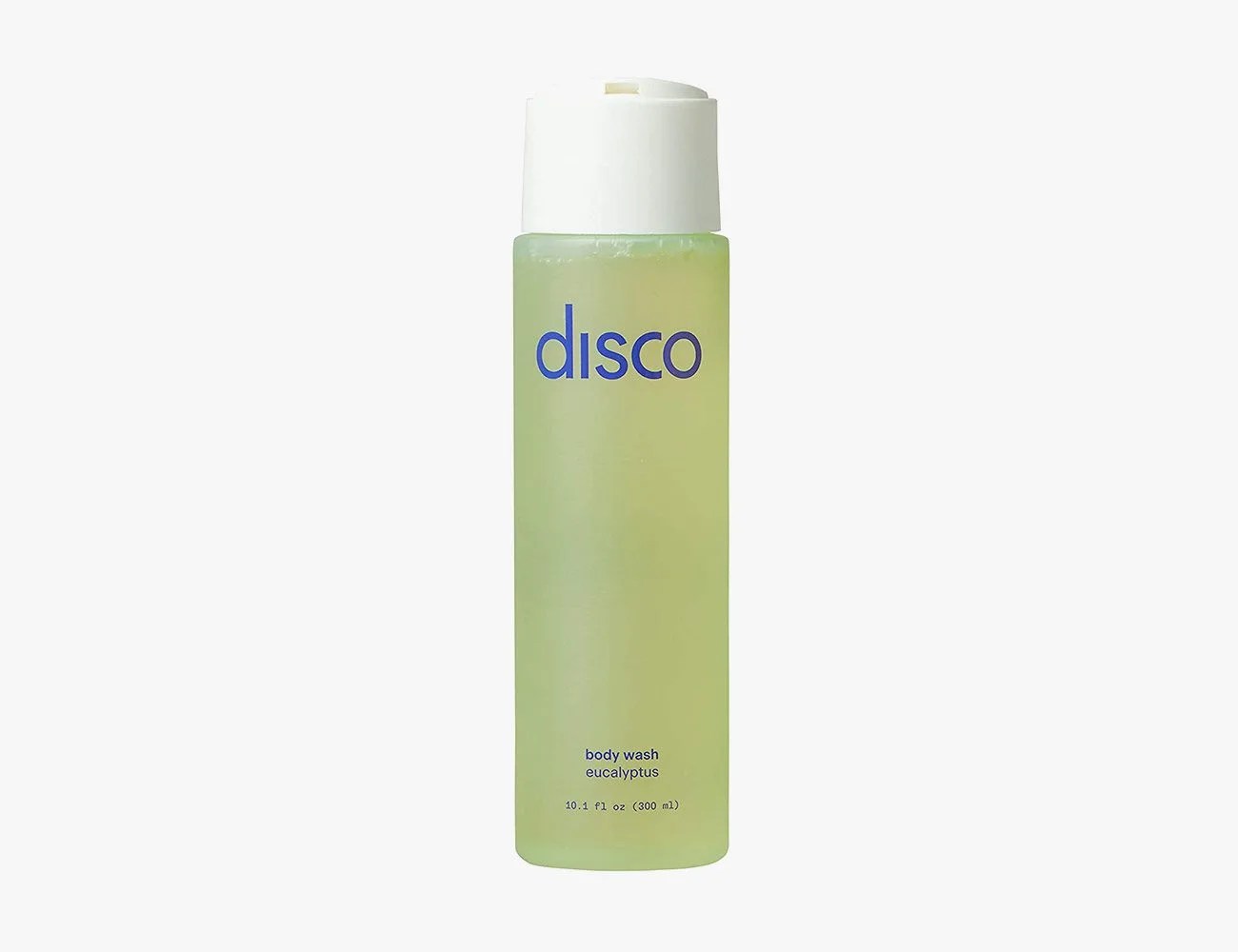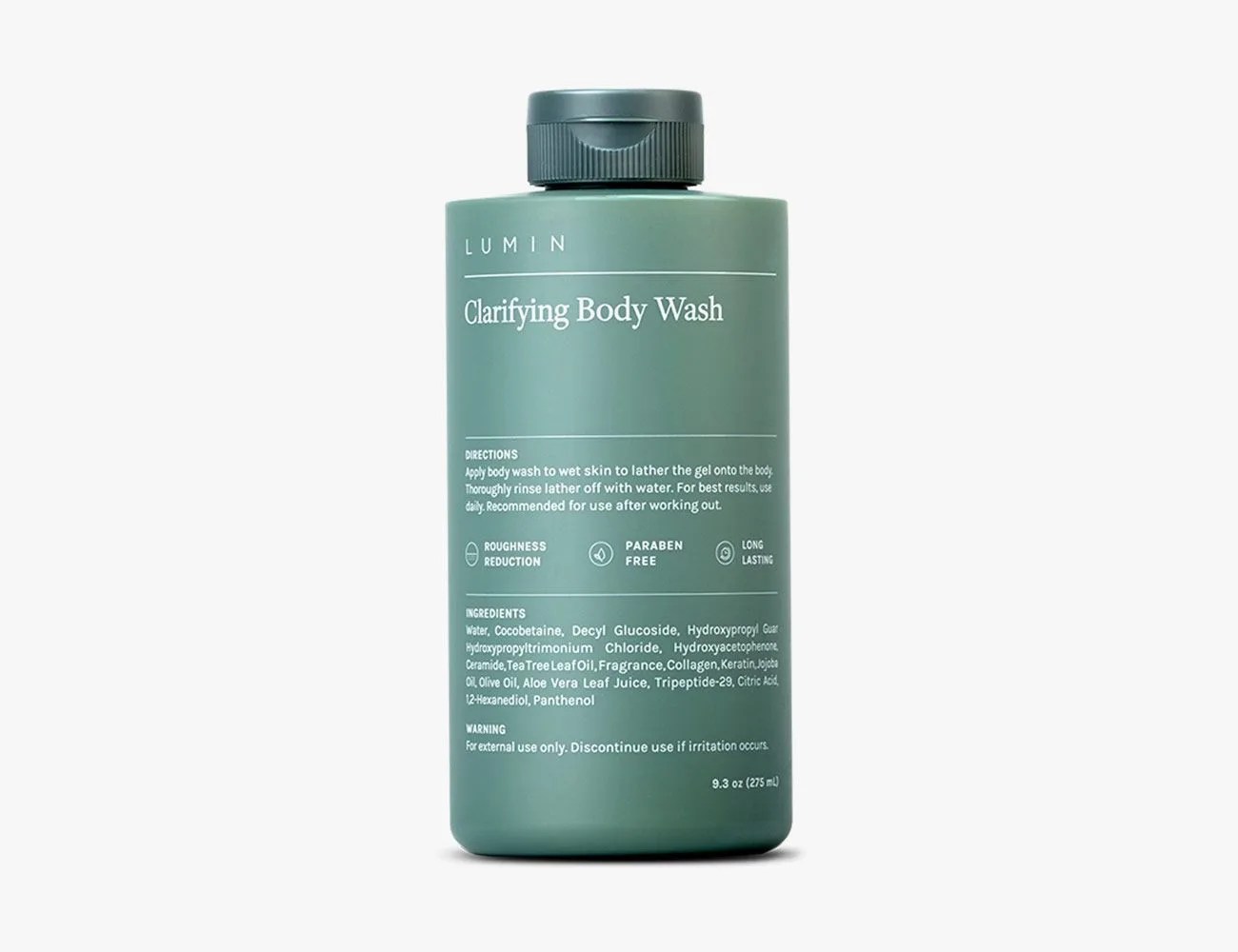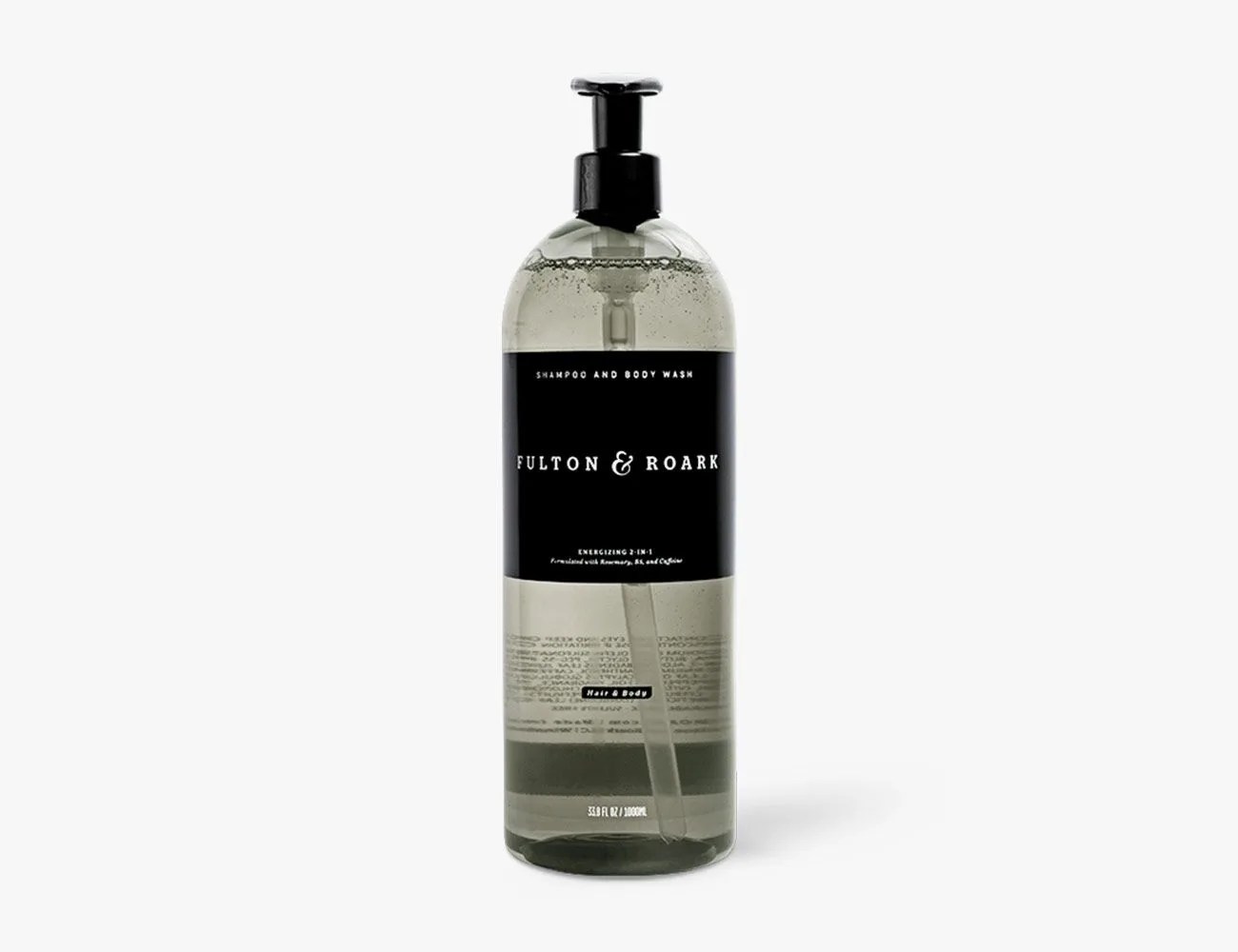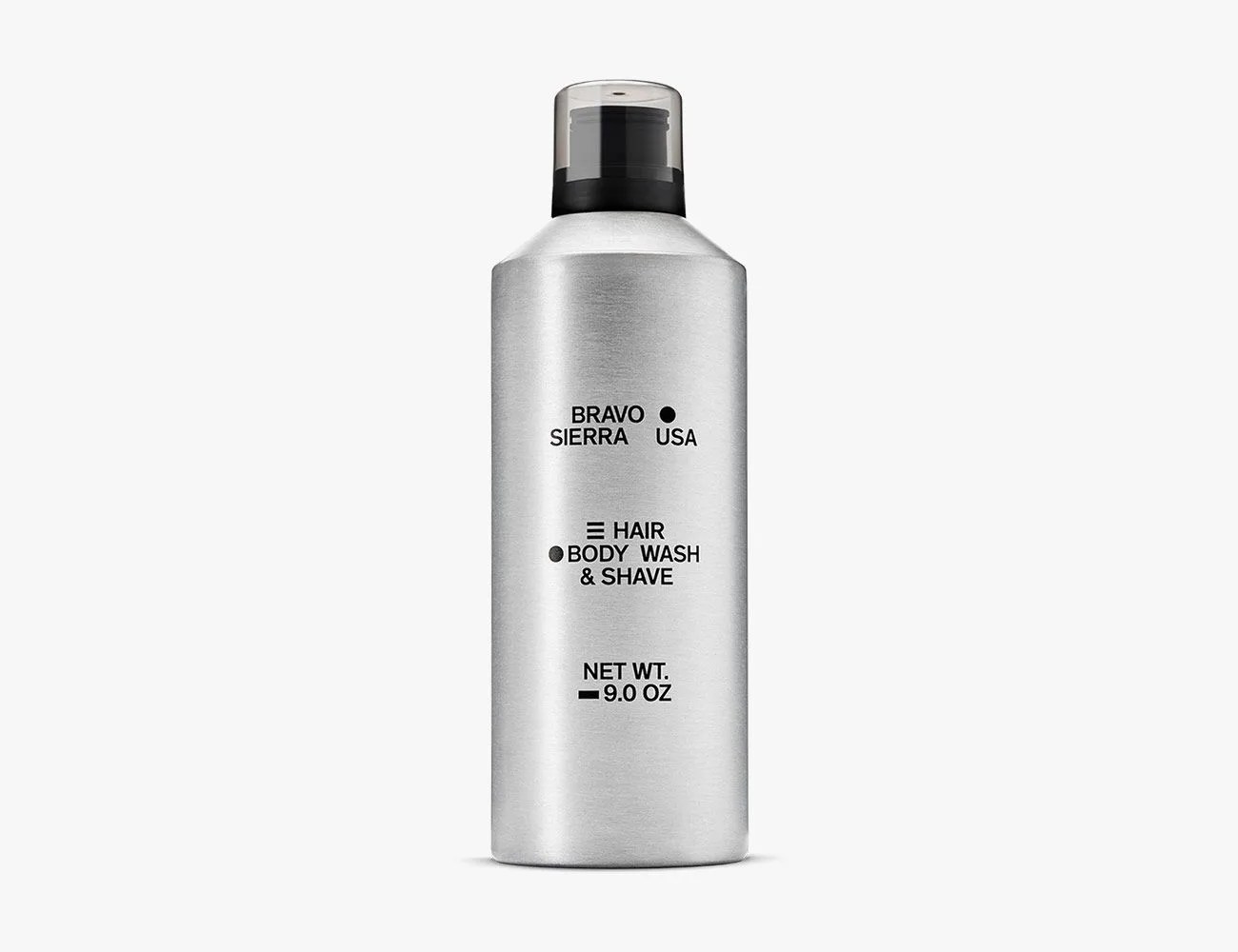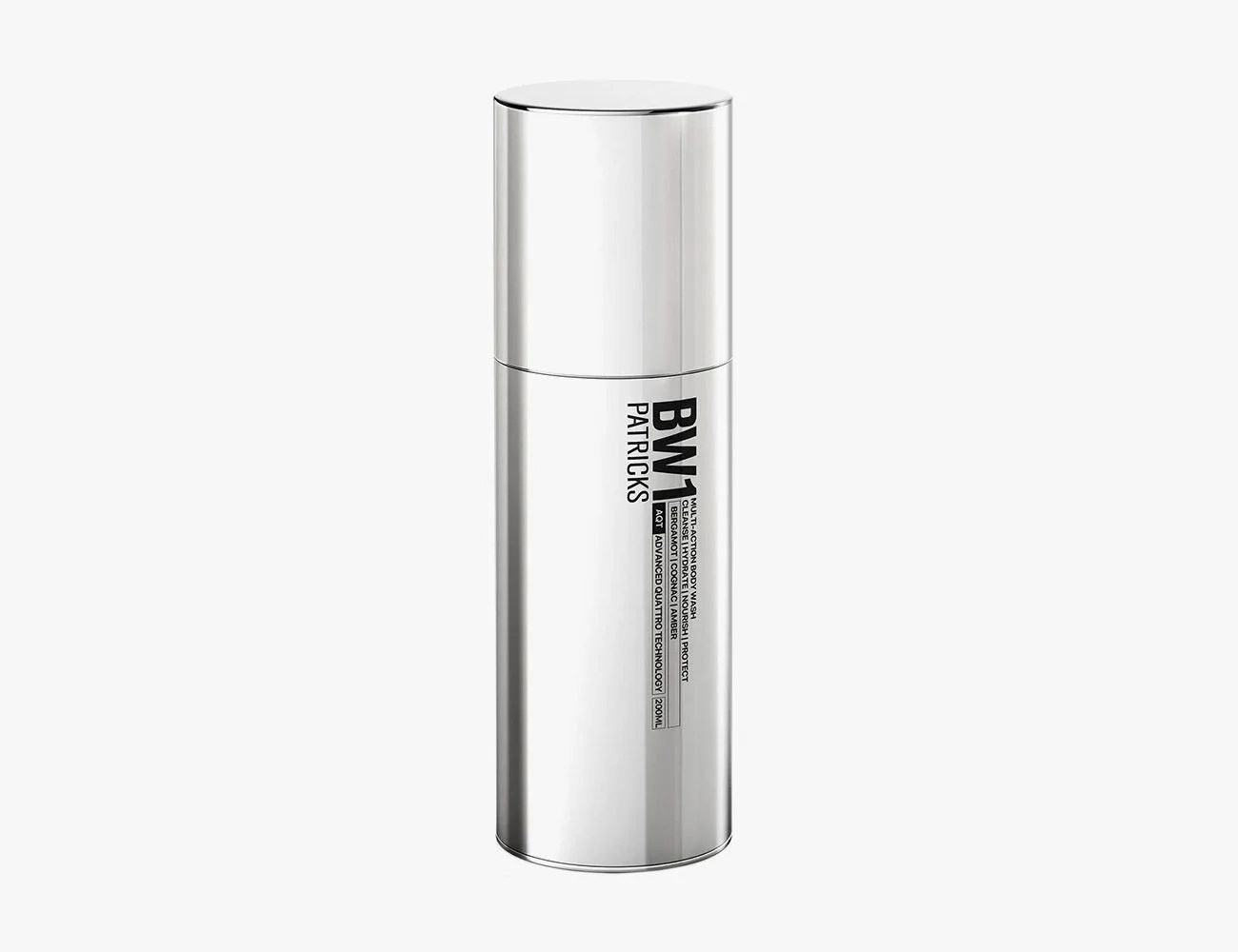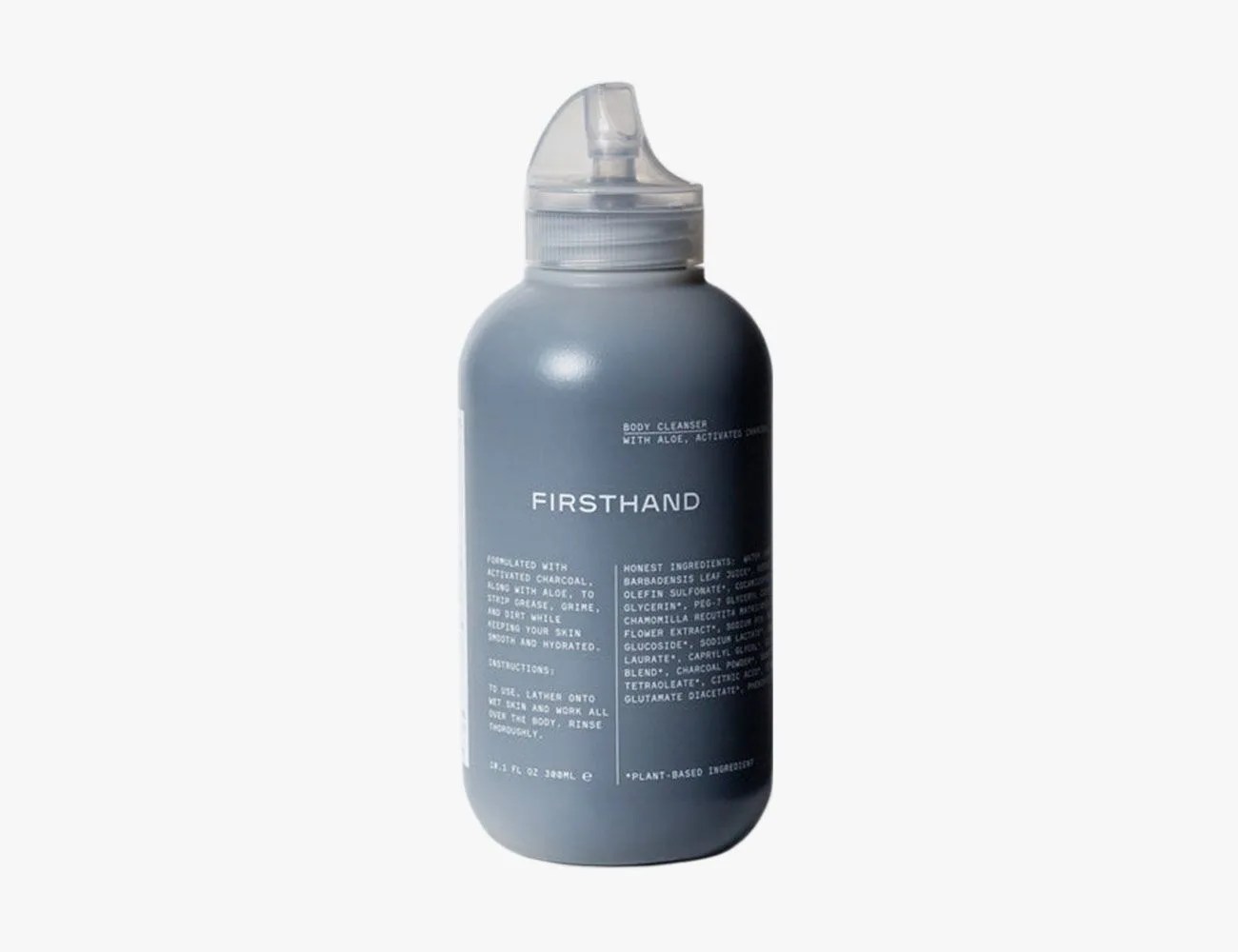Think about what you do in the shower. (Please don’t say it out loud.) The answer is wash your hair and body, right? Maybe a bit of singing, shaving, thinking and toothbrushing, too. Makes sense. That’s what you’re supposed to do. But the products you use are not all created equal. There are plenty of specialized haircare solutions: If you have dandruff, you lather with an anti-dandruff shampoo; folks with hair loss usually rely on regenerative treatments; those who recently dyed their hair use purple shampoo; and so on and so forth.
Body products, despite big brands’ best attempts at dumbing them down, are not one size fits all. Furthermore, the harsh, chemical-filled options you’ll find dotting the shelves at grocery and big-box stores do not represent the best the industry has to offer. There might be a lot of options there — to be honest, Target has done the best job at introducing better-for-you body washes to their inventory — but there are better ones beyond them. Because while we trust these products to clean us, we cannot always simply trust that they are clean, too. (Sorry, but that means you’ll have to bump your $4 dollar body wash budget up a bit.)
What to Look for in a Body Wash
As a general rule, folks with sensitive skin shouldn’t use body washes not labeled for sensitive skin. That being said, those without skin issues can totally use body washes intended for sensitive skin. In fact, you’re probably better off doing so. Those big-box store body washes contain chemicals that can actively harm your skin and alter its pH.
Just like I said, Dr. Samer Jaber, board-certified dermatologist at Washington Square Dermatology, reiterates, “If you have dry or sensitive skin pick products that are made for sensitive skin, fragrance-free and more gentle.” Fragrances within body washes are often the most undetected irritant. Ingredients like linalool and limonene — common in products with that trendy, woodsy sort of herbaceous scent — can cause itchiness and hives.
Ingredients to Avoid
- Parabens (methylparaben, propylparaben, isoparaben, or butylparaben)
- BPA
- Triclosan
- Propylene glycol
- Benzophenone-3
- Sulfates (sodium laureth sulfate or SLES, sodium lauryl sulfate or SLS)
- Phthalates
- Synthetic fragrances
These ingredients range from foaming to antibacterial agents, but they’re all bad. Sure, a super foamy lather is nice, but it shouldn’t come at the cost of repeat exposure to known irritants (which these are). Sulfates can dry out the skin and exacerbate existing issues like eczema. Parabens are used as preservatives but they also can also alter your body’s hormones.
